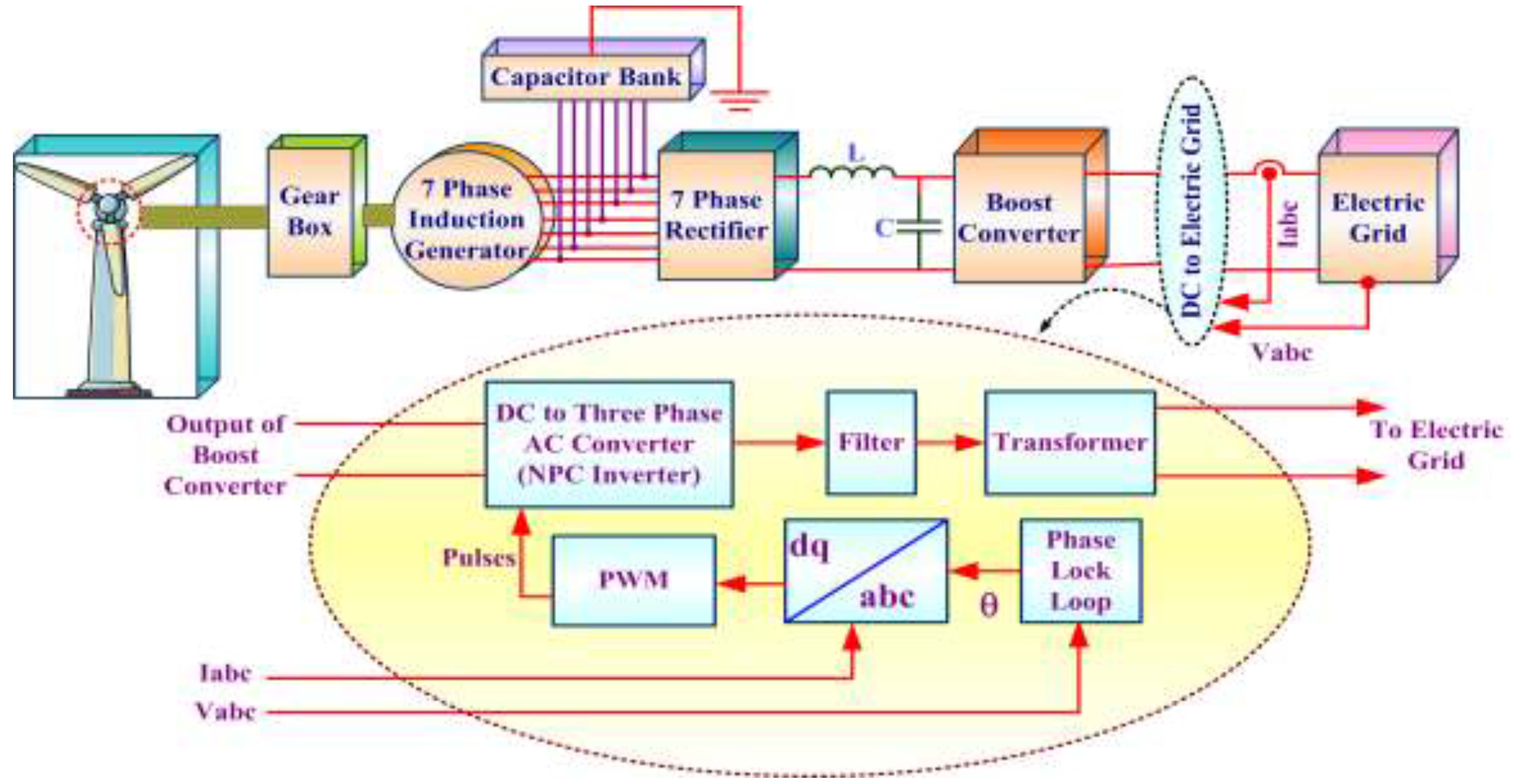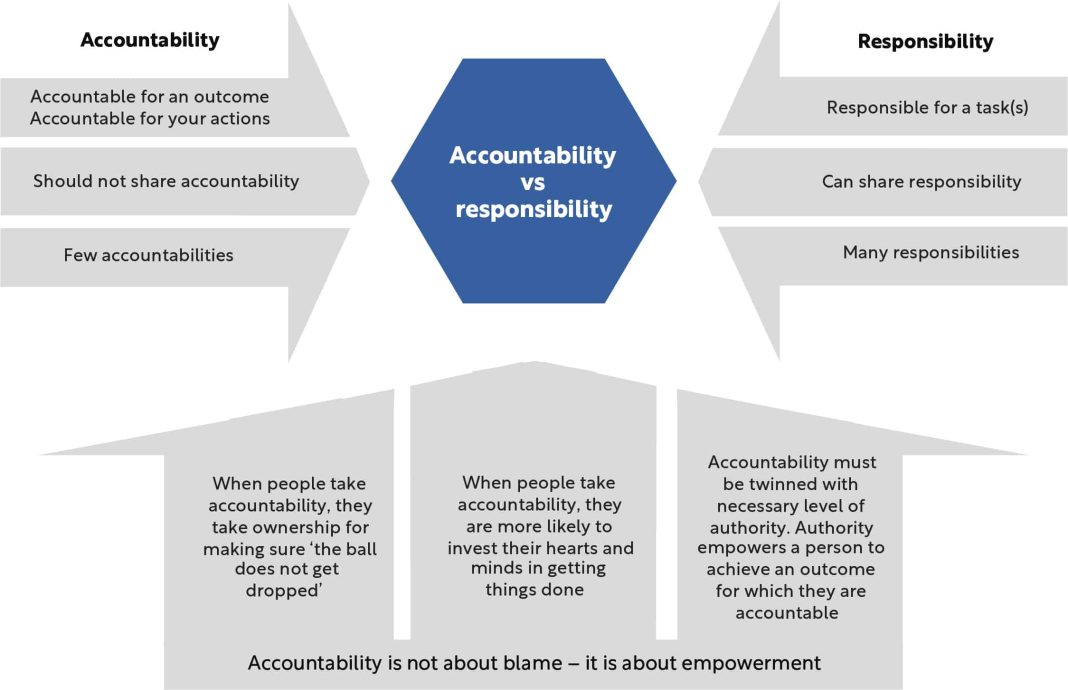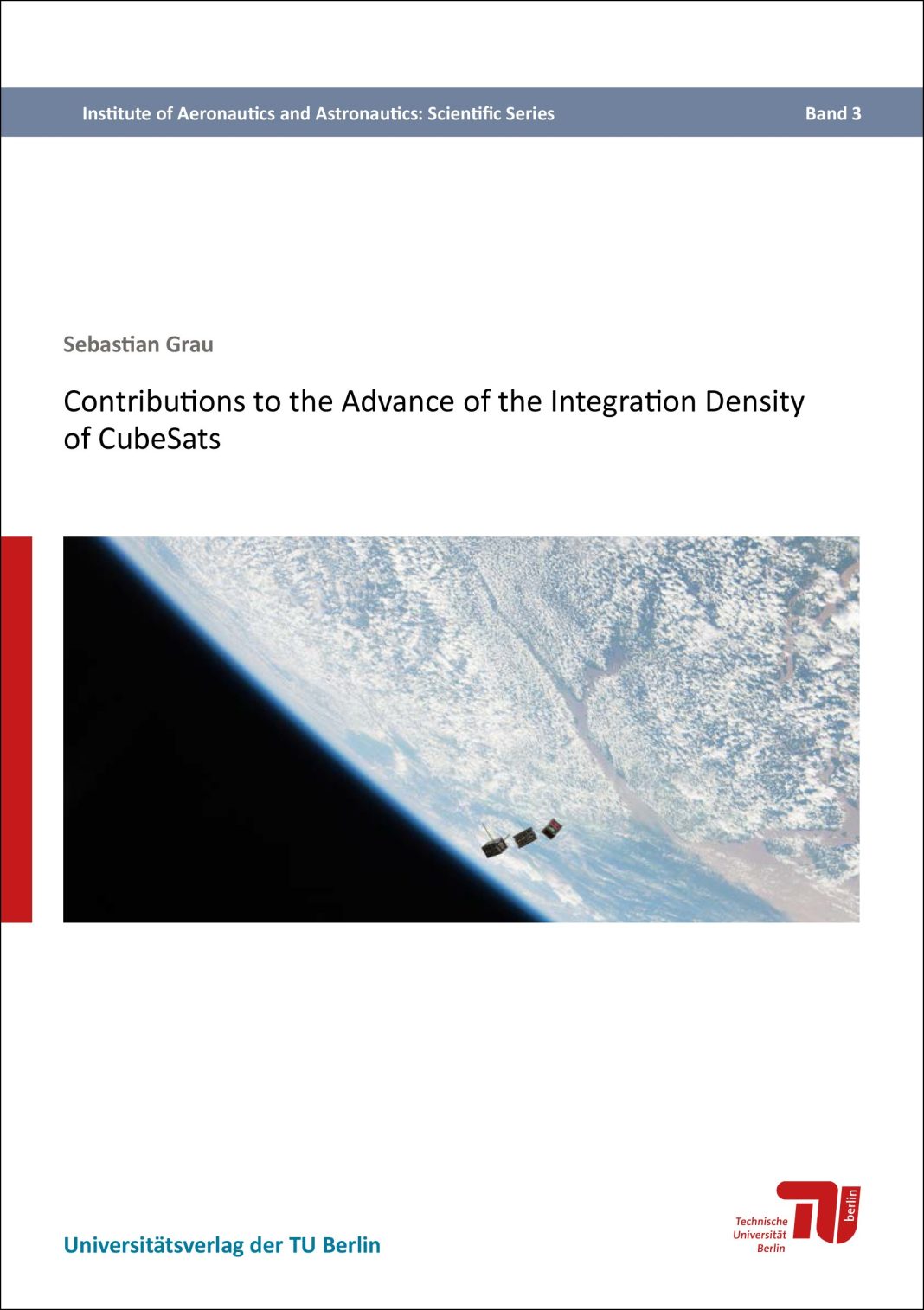 Baltic States Accelerate Efforts to Disconnect Power Grids from Russia
Baltic States Accelerate Efforts to Disconnect Power Grids from Russia
Introduction:
The Baltic states of Estonia, Latvia, and Lithuania are taking steps to disconnect their electricity networks from Russia and synchronize them with the continental European power system. This move comes amid the ongoing conflict between Russia and Ukraine. The three countries have agreed to accelerate their efforts and aim to complete the transition by February 2025.
Background and Context:
The Baltic states were initially connected to the Soviet electricity infrastructure when they were part of the Soviet Union. However, in 1999 and 2001, Latvia, Estonia, and Lithuania signed the BRELL agreement with Russia and Belarus to remain in the synchronous electricity grid. This allowed Russia to exert control over the power grids of the Baltic states, giving them leverage in regional affairs.
Energy Independence and Decoupling:
The decision to synchronize their power grids with continental Europe is seen as a significant step towards achieving energy independence for Estonia, Latvia, and Lithuania. By disconnecting from the Russian-controlled system, the Baltic states can reduce their dependence on Russia for energy supplies and avoid potential coercion.
Infrastructure Upgrades and Funding:
To meet the accelerated deadline, the three Baltic states must notify their BRELL counterparts about the termination of the agreement by August 2024. In preparation for synchronization, the electricity transmission system operators of Estonia, Latvia, and Lithuania will make technical upgrades to their networks. The European Union has granted 1.2 billion euros to support the project, which will include upgrading existing links and constructing a new sub-sea cable between Lithuania and Poland.
Impact on Electricity Costs and Market Prices:
Russian Deputy Foreign Minister Alexander Grushko warned that disconnecting from the BRELL system would impact electricity costs for the Baltic states. However, Estonian power grid operator Elering clarified that the market prices of electricity in the Baltics are not currently influenced by Russia or Belarus. Synchronization with Europe will create new opportunities for Baltic electricity transmission operators, allowing them to access new electricity supply markets and trade their reserves.
Managing Operational Risks and Contingency Measures:
To mitigate potential risks, the Baltic states have agreed to a set of measures to prevent any negative impact from disconnecting from the Russian grid. Elering, the Estonian power grid operator, has prepared an action plan for emergency synchronization with continental Europe and developed contingency measures to address unforeseen internal or external interference. The aim is for the power system to continue operating normally during the synchronization process, with consumers not noticing any significant changes.
Conclusion:
The Baltic states’ efforts to disconnect from the Russian-controlled power grid and synchronize their networks with continental Europe are crucial for achieving energy independence and reducing dependence on Russia. The project, supported by the European Union, will require infrastructure upgrades and technical preparations. While there may be some potential risks and concerns regarding electricity costs, the Baltic states have taken measures to manage them effectively. Overall, the synchronization process is expected to proceed smoothly, ensuring a reliable and secure energy supply for Estonia, Latvia, and Lithuania.

